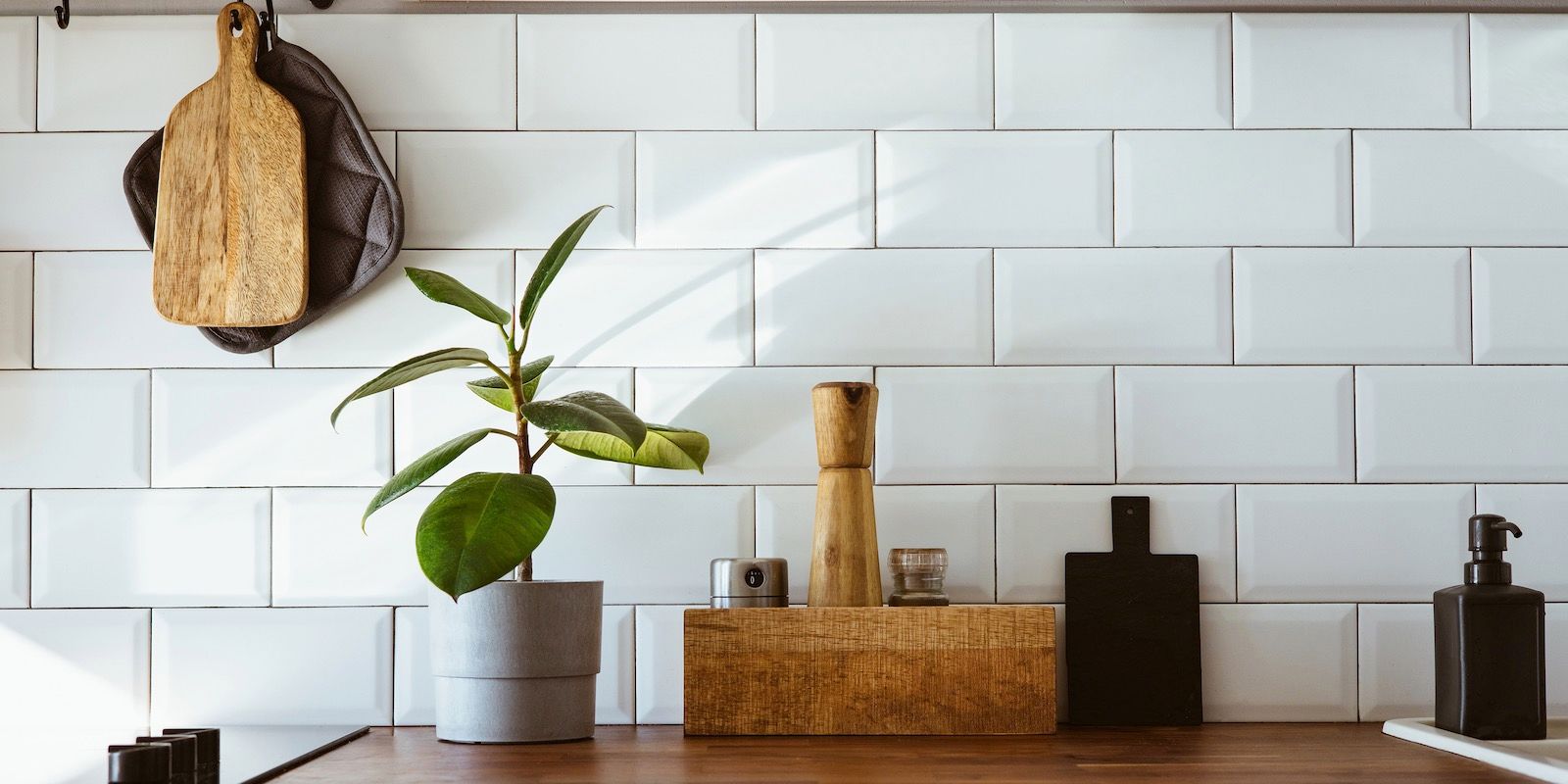First Time Home-Buyers’ Tax Credit
Everything You Need to Know!
Have you heard about a First Time Home Buyers Tax Credit, but aren’t sure what it is or if you qualify? You are in the right place!
The Government of Canada recently published this video on their website to explain the First Time Home-Buyers’ Tax Credit. Watch the video or read the transcript below to see if you might be eligible to save up to $750 on your next tax return! Keep reading to view a Q&A from the Canada Revenue Agency site.
Click here or the image below to open the video in a new window.
Transcript
NARRATOR: Meet the Lees.
The Lees heard that the Government of Canada wants to help first-time home buyers with a tax credit and they’re excited to learn more!
They’ve just purchased their first home, and they can use some tax savings.
So how does it work?
The First Time Home Buyers’ Tax Credit is a non-refundable tax credit that you can claim if you bought a qualifying home.
A non-refundable tax credit reduces the federal income tax that the Lees have to pay.
However, if the total of their non-refundable tax credits is more than their federal income tax payable, the Lees won’t receive a refund for the difference.
So how do the Lees save this tax money?
The tax credit is based on $5,000. For 2015, their credit is 15%, the lowest personal income tax rate, times $5,000.
We’ll spare the Lees the math—the credit is $750,
maybe enough savings to hire student painters or buy that reclining chair they’ve been eyeing.
But what’s a qualifying home?
The home has to be in Canada, and can be new, or already built.
It can be a condominium, an apartment, a townhome, a detached, or semi-detached home.
It can also be a mobile home, or a share in a co-operative housing corporation if the share in the co-op gives you the right to own the unit.
And the home must be registered in Dave and / or Kim’s name.
Either Dave or Kim or both can make the claim, since the buyer and the buyer’s spouse or common-law partner qualify.
And people who buy their first home with their friends also qualify. No matter what, the combined total amount claimed can’t be more than $5,000.
But the credit is for first-time home buyers. Dave owned his apartment while he was in college.
Is he still eligible?
A buyer who has not owned a home in the year of purchase or in any of the last four preceding years qualifies. So Dave qualifies as long as he has not owned a home since 2010.
Kim’s aunt, who is disabled bought a home that will accommodate her disability. Kim is extra happy because her aunt can claim the Home Buyers’ Tax Credit as well.
People who are disabled, or buying the home for a disabled relative, also qualify for the credit, and it does not have to be their first home.
It must enable the person with the disability to live in a more accessible dwelling or in an environment better suited to their personal needs and care.
Dave and Kim are so excited to be saving money on their income tax! All they need to do is fill in the amount on Line 369 of Schedule 1, Federal tax and voila! Up to $750 saved.
Want to be like Dave and Kim?
Visit www.cra.gc.ca/hbtc for more information about the First Time Home Buyers’ Tax Credit.
From the Canada Revenue Agency
1. What is the home buyers’ tax credit (HBTC)?
For 2009 and subsequent years, the HBTC is a new non-refundable tax credit, based on an amount of $5,000, for certain home buyers that acquire a qualifying home after January 27, 2009 (i.e., generally means that the closing is after this date).
2. How is the new HBTC calculated?
The HBTC is calculated by multiplying the lowest personal income tax rate for the year (15% in 2009) by $5,000. For 2009, the credit will be $750.
3. Am I eligible for the HBTC?
You will qualify for the HBTC if:
you or your spouse or common-law partner acquired a qualifying home; and
you did not live in another home owned by you or your spouse or common-law partner in the year of acquisition or in any of the four preceding years.
If you are a person with a disability or are buying a house for a related person with a disability, you do not have to be a first-time home buyer. However, the home must be acquired to enable the person with the disability to live in a more accessible dwelling or in an environment better suited to the personal needs and care of that person.
4. What is a qualifying home?
A qualifying home is a housing unit located in Canada acquired after January 27, 2009. This includes existing homes and those being constructed. Single-family homes, semi-detached homes, townhouses, mobile homes, condominium units, and apartments in duplexes, triplexes, fourplexes, or apartment buildings all qualify. A share in a co-operative housing corporation that entitles you to possess, and gives you an equity interest in, a housing unit located in Canada also qualifies. However, a share that only provides you with a right to tenancy in the housing unit does not qualify.
Also, you must intend to occupy the home or you must intend that the related person with a disability occupy the home as a principal place of residence no later than one year after it is acquired.
5. Who is considered a person with a disability for purposes of the HBTC?
For the purposes of the HBTC, a person with a disability is an individual who is eligible to claim a disability amount for the year in which the home is acquired, or would be eligible to claim a disability amount, if we ignore that costs for attendant care or care in a nursing home were claimed for the Medical Expense Tax Credit.
6. If I buy a house, can my spouse or common-law partner claim the HBTC?
Either one of you can claim the credit or you can share the credit. However, the total of your combined claims cannot exceed $750.
7. My friend and I intend to jointly purchase a home, and we both meet the conditions for the HBTC. Can we both claim the credit?
Either one of you can claim the credit or you can share the credit. However, the total of your combined claims cannot exceed $750.
8. Do I have to register the acquisition of the home under the applicable land registration system?
Yes. Your interest in the home must be registered in accordance with the land registration system applicable to where it is located.
9. How will I claim the HBTC?
Beginning with the 2009 personal income tax return, line 369 is incorporated into the Schedule 1, Federal Tax to allow you to claim the credit in the year in which you acquired the qualifying home.
10. Do I have to submit any supporting documents with my income tax return?
No. However, you must ensure that this information is available, should it be requested by the Canada Revenue Agency (CRA).
11. Is the HBTC connected to the existing Home Buyers’ Plan?
No. Although some of the eligibility conditions for the HBTC and the Home Buyers’ Plan are similar, the two are not connected. Your eligibility for the HBTC will not change whether or not you also participate in the Home Buyers’ Plan.
12. Where can I get more information about the new HBTC?
The CRA encourages taxpayers to check its Web site often—all new forms, policies, and guidelines are posted there as soon as they become available.
13. In which taxation year can I claim the HBTC?
You can claim the HBTC in the taxation year in which the qualifying home is acquired.
14. If I purchase a condominium as my qualifying home in which occupancy takes place in one taxation year but the legal transfer of ownership only takes place in the subsequent taxation year, in which taxation year can I claim the HBTC?
You can claim the HBTC in the subsequent year in which your interest in the condominium (or a right in Quebec) will be registered in accordance with the land registration system or other similar system applicable where it is located.
Katherine Martin
Origin Mortgages
Phone: 1-604-454-0843
Email: kmartin@planmymortgage.ca
Fax: 1-604-454-0842
RECENT POSTS


MENU
GET IN TOUCH
550 – 2608 Granville Street
Vancouver, BC.
V6H 3V3
Fax: 1-604-454-0842
DOWNLOAD MY FREE EBOOK
Contact Us
We will get back to you as soon as possible
Please try again later
Katherine Martin. All Rights Reserved.
Privacy & Content Policy





